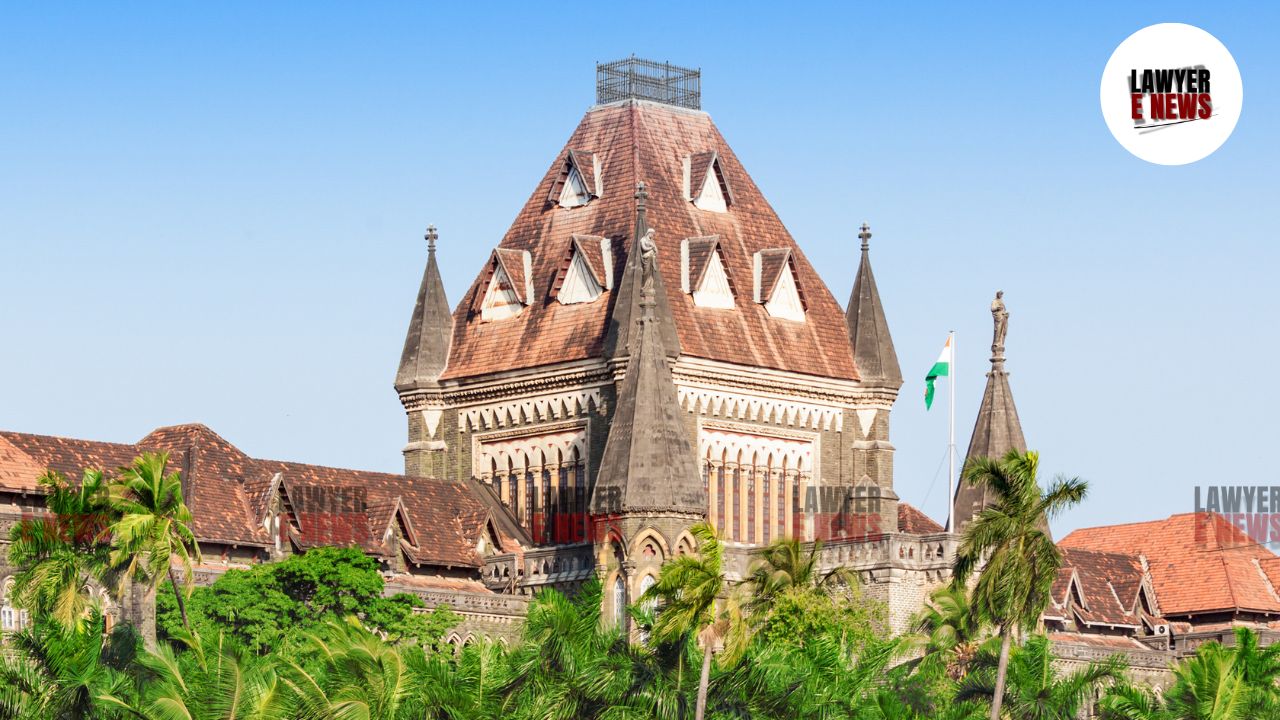-
by Admin
15 February 2026 5:35 AM



High Court emphasizes necessity of proper procedure and sanction under Prevention of Corruption Act in bribery cases involving public servants. The Bombay High Court’s Nagpur Bench has quashed the conviction and sentence of Sanjay s/o Wasudeo Chinchmalatpure, a junior clerk, for accepting a bribe. The court highlighted significant procedural lapses, including the improper framing of charges and the absence of mandatory sanction for prosecution under Section 19 of the Prevention of Corruption Act, 1988. The High Court, presided by Justice Urmila Joshi-Phalke, emphasized the necessity of retrial upon obtaining proper sanction to uphold judicial integrity and public trust.
The appellant, Sanjay s/o Wasudeo Chinchmalatpure, a junior clerk at the District Court, Nagpur, was convicted by the trial court under Section 8 of the Prevention of Corruption Act, 1988 for demanding and accepting a bribe of Rs. 10,000 to influence a judicial decision. The prosecution’s case rested on the testimony of the complainant, Mohd. Akram, who was facing trial under Section 304 IPC. It was alleged that the appellant initially demanded Rs. 35,000, later reduced to Rs. 10,000. The Anti-Corruption Bureau (ACB) set up a trap, catching the appellant red-handed. However, the appellant challenged the conviction on grounds of improper charge framing and lack of sanction for prosecution.
The court noted that while the prosecution presented substantial evidence, including the complainant’s testimony, panch witnesses, and a positive phenolphthalein test, the procedural flaws overshadowed the case. The evidence consistently indicated demand and acceptance of the bribe, corroborated by call records and the trap operation.
The trial court conducted the proceedings under Section 8 of the Prevention of Corruption Act, applicable to bribe-givers, not bribe-takers. Justice Urmila Joshi-Phalke emphasized, “The charges framed did not reflect the correct offence, leading to procedural irregularity. Proper sections applicable were Sections 7 and 13(1)(d) read with 13(2) of the Act.”
Highlighting the necessity of sanction for prosecution, the court stated, “Section 19 of the Prevention of Corruption Act mandates prior sanction for prosecuting public servants. The trial court’s failure to obtain this sanction rendered the trial null and void.” The court cited precedents, including Baijnath Prasad Tripathi vs. The State of Bhopal and Anr, emphasizing that trial without sanction is null and void, allowing for a retrial upon obtaining proper sanction.
The judgment meticulously analyzed the legal framework governing corruption cases. It underscored that a valid sanction is a prerequisite for prosecution under Sections 7, 11, 13, and 15 of the Prevention of Corruption Act. The absence of such sanction in the present case necessitated quashing the conviction and allowing for a retrial. “The integrity of court staff is paramount. Acquittal on procedural grounds without addressing the substantive charge would undermine public trust in the judicial system,” the judgment stated.
Justice Urmila Joshi-Phalke remarked, “The proper framing of charges and obtaining necessary sanctions are not mere technicalities but foundational requirements ensuring fair trial and due process.”
The Bombay High Court’s decision to quash the conviction of Sanjay s/o Wasudeo Chinchmalatpure and order a retrial underscores the judiciary’s commitment to procedural integrity in corruption cases. The ruling reinforces the necessity of adhering to legal protocols, particularly the requirement of obtaining proper sanction for prosecution. This judgment is expected to impact future cases involving public servants, emphasizing the critical role of proper legal procedures in upholding justice.
Date of Decision: 05 July 2024
